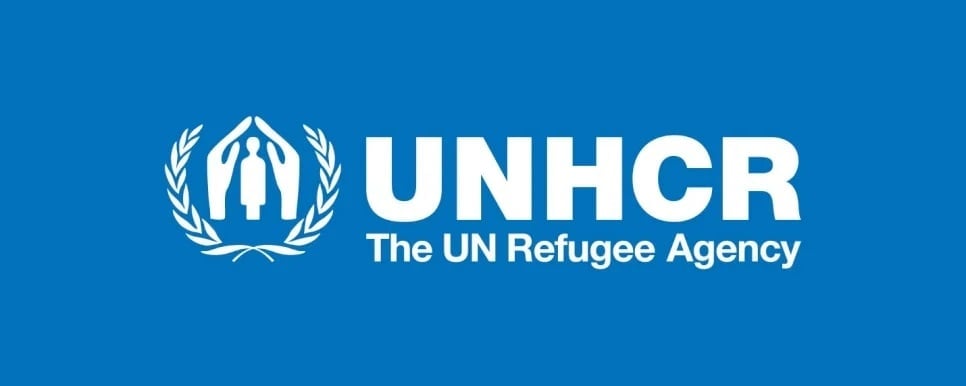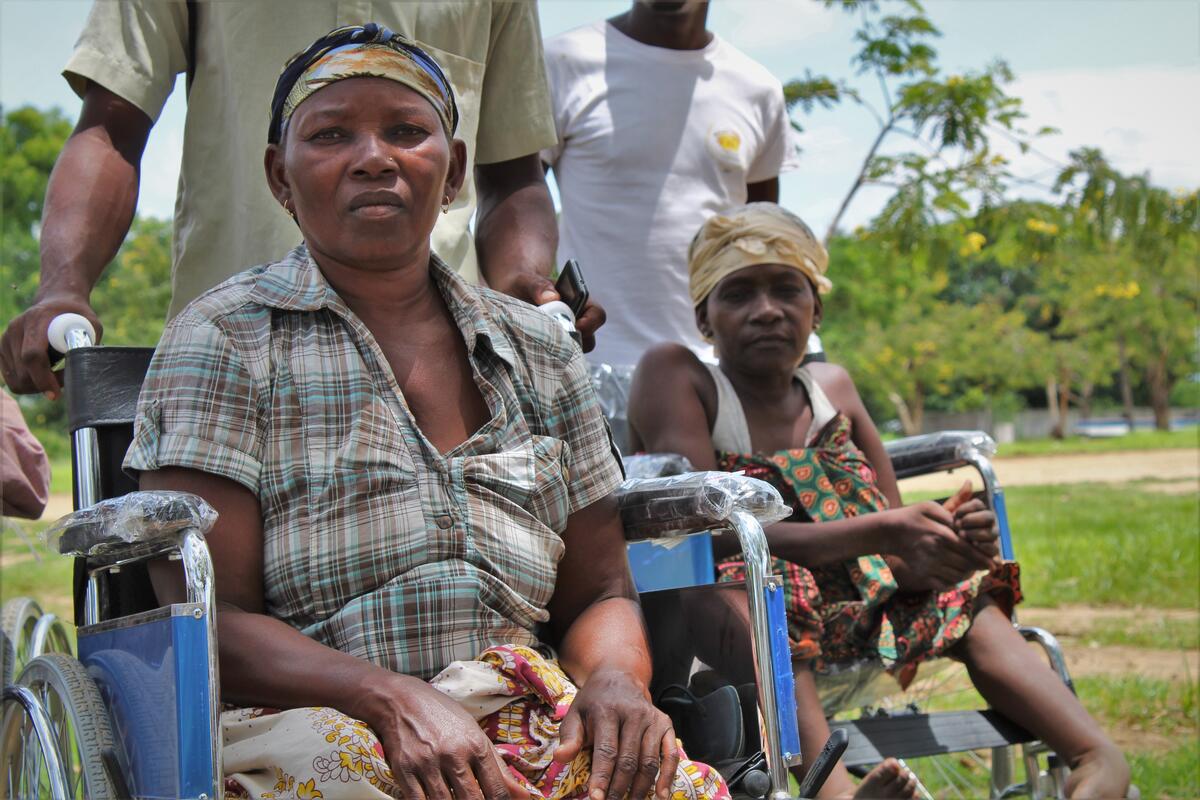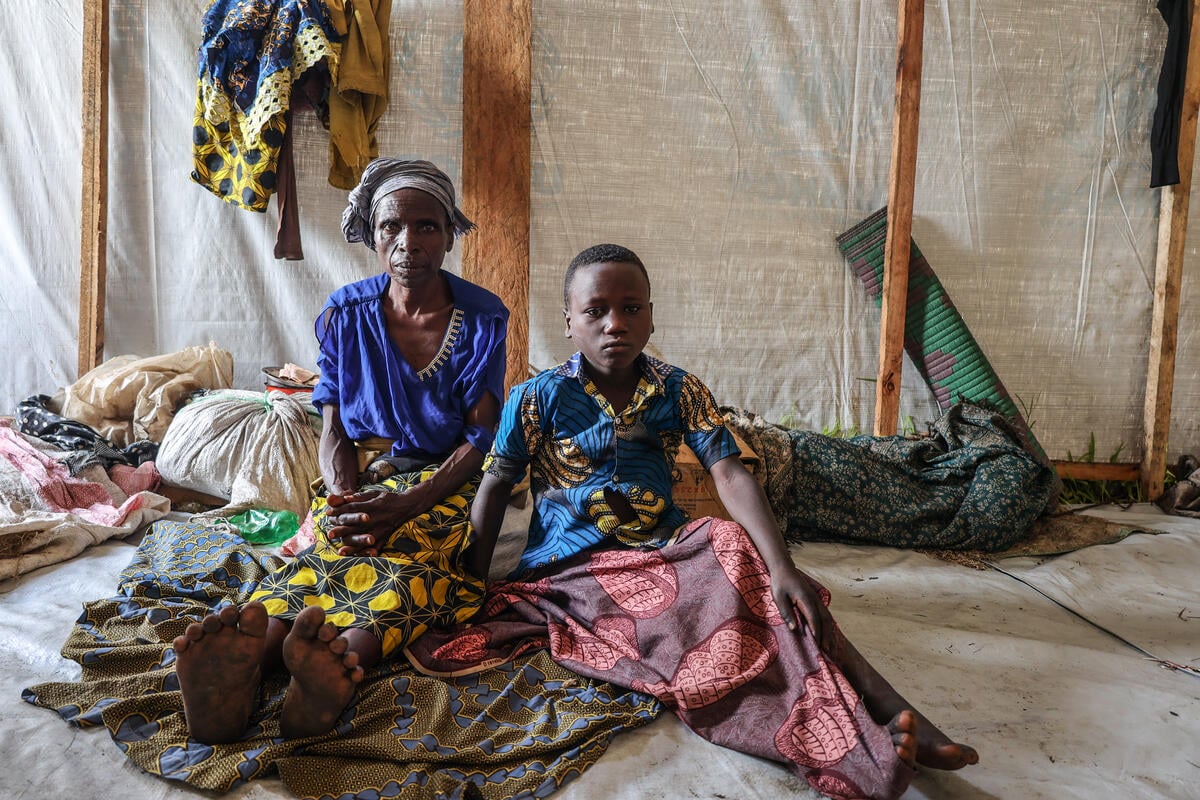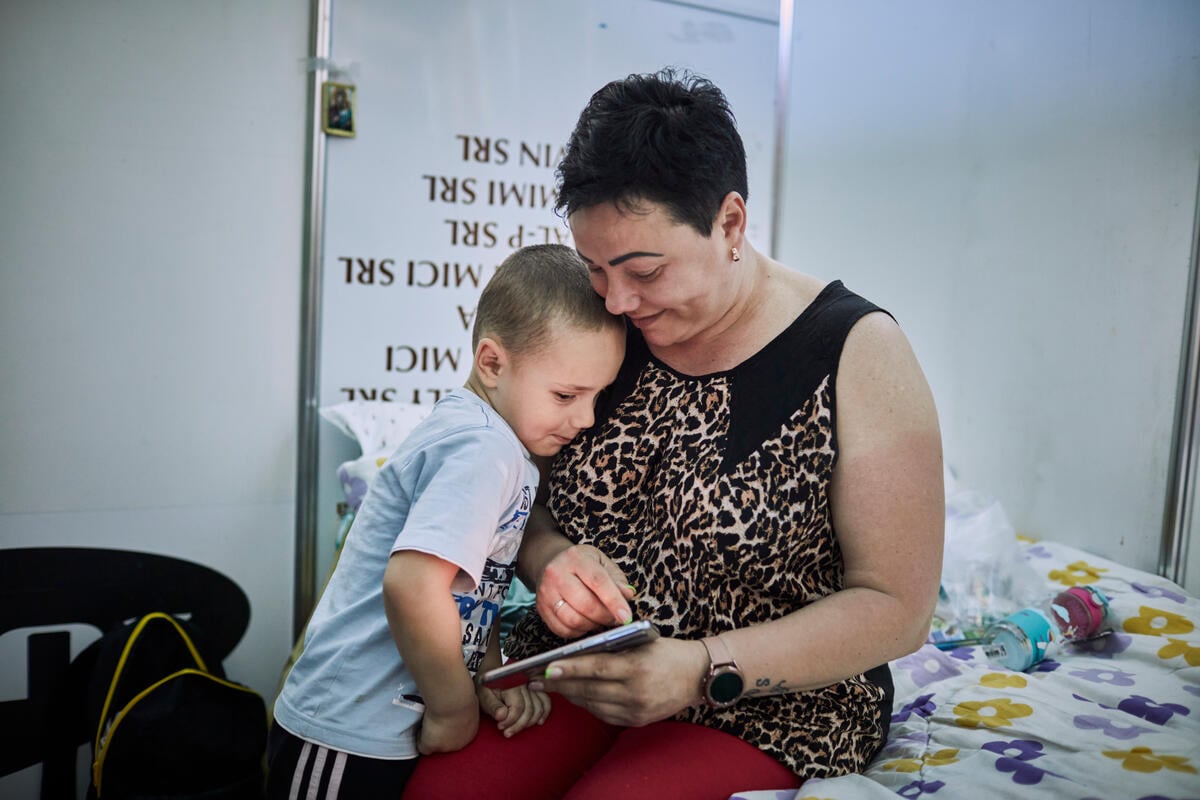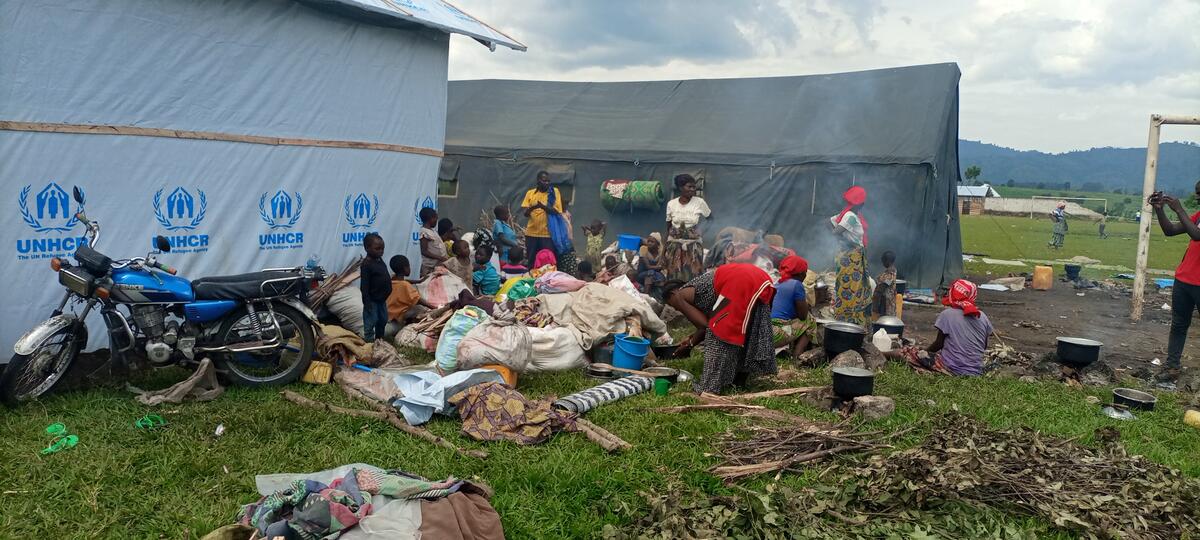Conflict, violence in Burkina Faso displaces nearly half a million people
Conflict, violence in Burkina Faso displaces nearly half a million people

UNHCR, the UN Refugee Agency, is joining its partners to warn about the unfolding humanitarian crisis in Burkina Faso’s central and northern regions where each day the lives of hundreds of thousands of civilian are being disrupted by insecurity and violence. Some 486,000 have been forced to flee within the country, 267,000 of whom in the past 3 months alone. A further 16,000 are refugees in neighbouring countries.
The escalating armed violence is causing an unprecedented humanitarian emergency in the Sahel. While visiting Kaya, northeast of Ouagadougou, and Barsalogho, in the central Sanmatenga Province, we witnessed firsthand the dramatic impact of these tragic events on the affected population.
Thousands of people are on the move, exhausted and trying to find safety among host families or at transit and official travel sites. Many have been repeatedly displaced. The prospects for their immediate return to where they come from are poor. As a result, their needs and those of host families, already vulnerable by food and nutrition crises in the region, are growing. Women and adolescent girls face particular threats given that health and other essential services are lacking.
People we met had endured horrifying and traumatic events, with reports of more than 500 being killed in 472 attacks and counter-military operations since last year. We heard reports that basic services such as health care and education, as well as freedom of movement, have been severely affected by the attacks and by generalized insecurity.
Currently, all of Burkina Faso’s 13 regions host people fleeing violence. The Centre-Nord region hosts the largest number of displaced people - more than 196,000 in Sanmatenga province alone - followed by the Sahel region - 133,000 in Soum province. Some 1.5 million people are now in urgent need of humanitarian assistance in the country. We also remain extremely worried about 31,000 Malian refugees also affected by the ongoing conflict.
One thing was absolutely clear. Humanitarian needs are rising fast as conflict and insecurity continues to devastate hundreds of thousands of lives. Hosting communities are already impoverished, living on margins themselves. Food, water, shelter, and healthcare has to be arranged and reinforced immediately if we want to avoid another tragedy within this tragedy. Malnutrition and starvation are a real threat.
We need urgent resources to launch a coordinated humanitarian response – an immediate necessity to save lives.
Armed groups have also intensified attacks in Burkina Faso neighbouring countries of Mali and Niger. Regions around the three countries’ borders are new hotspots of violence. Operating in sparsely populated, impoverished regions with little Government presence, armed groups are roving across borders and expanding areas of influence. Attacks have already spilled over into Benin in 2019. Overall, 5.4 million people in the affected regions need urgent assistance, including 3.2 million in Mali, and 700,000 people in western Niger.
On the sidelines of our annual Executive Committee meeting this week, the High Commissioner witnessed Government representatives from Burkina Faso, Mali, Niger, Chad and Mauritania reaffirm their commitment to work together to address displacement issues, ensuring people fleeing violence are able to seek unhindered safety in their own country and across the borders. Such commitments were drawn from the conclusions of the Protection Dialogues on the Sahel, organized in Bamako last month by UNHCR and the Government of Mali.
For more information on this topic, please contact:
- In Dakar, Romain Desclous, [email protected], +221 786 396 385
- In Geneva, Charlie Yaxley, [email protected], +41 79 580 8702
- In Geneva, Babar Baloch, [email protected], +41 79 513 9549


